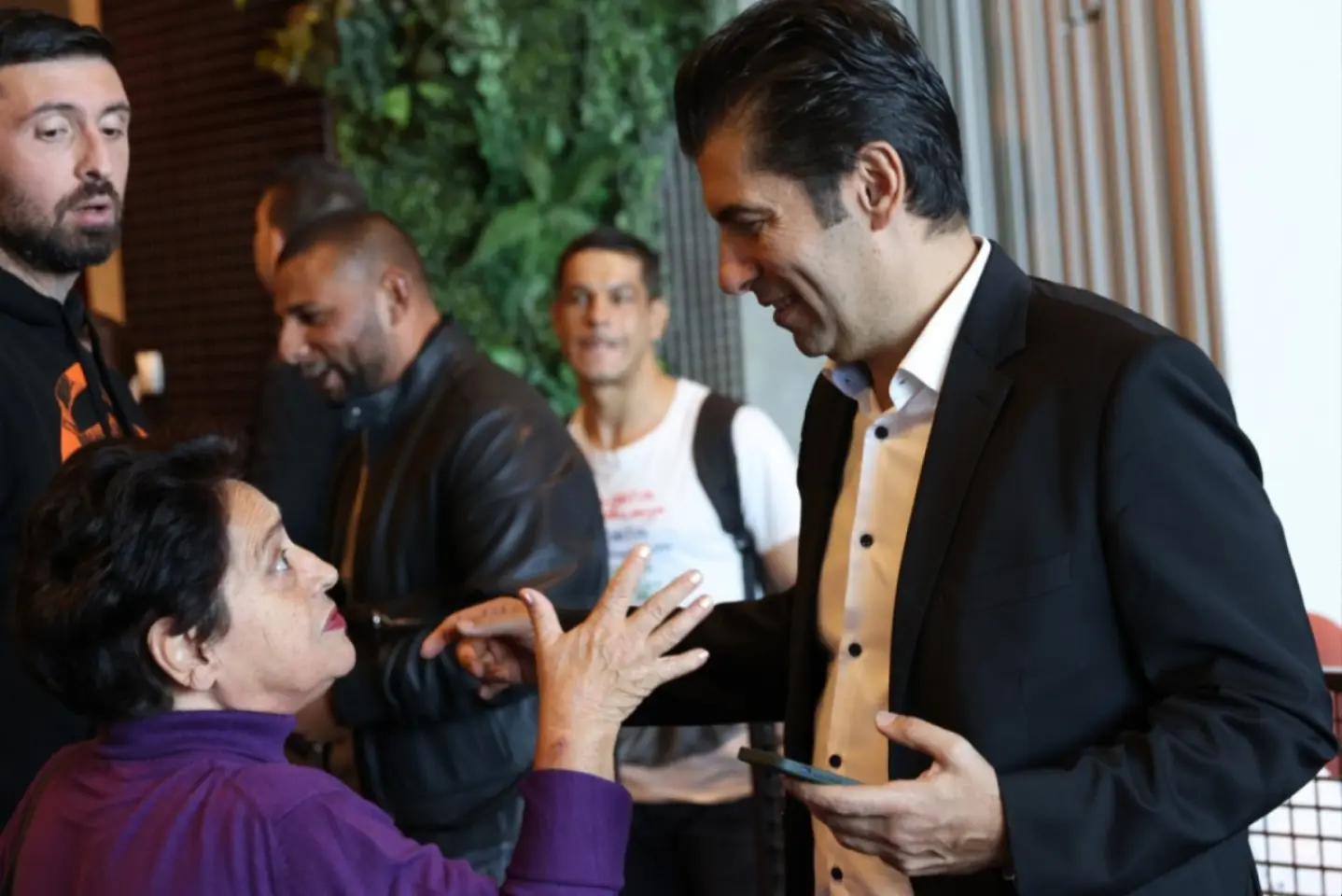
A corruption scandal is threatening to throw into irrelevance Bulgaria’s main pro-European reformist party. If that happens, the pro-Russians extremists would become the only alternative to the current ruling coalition.
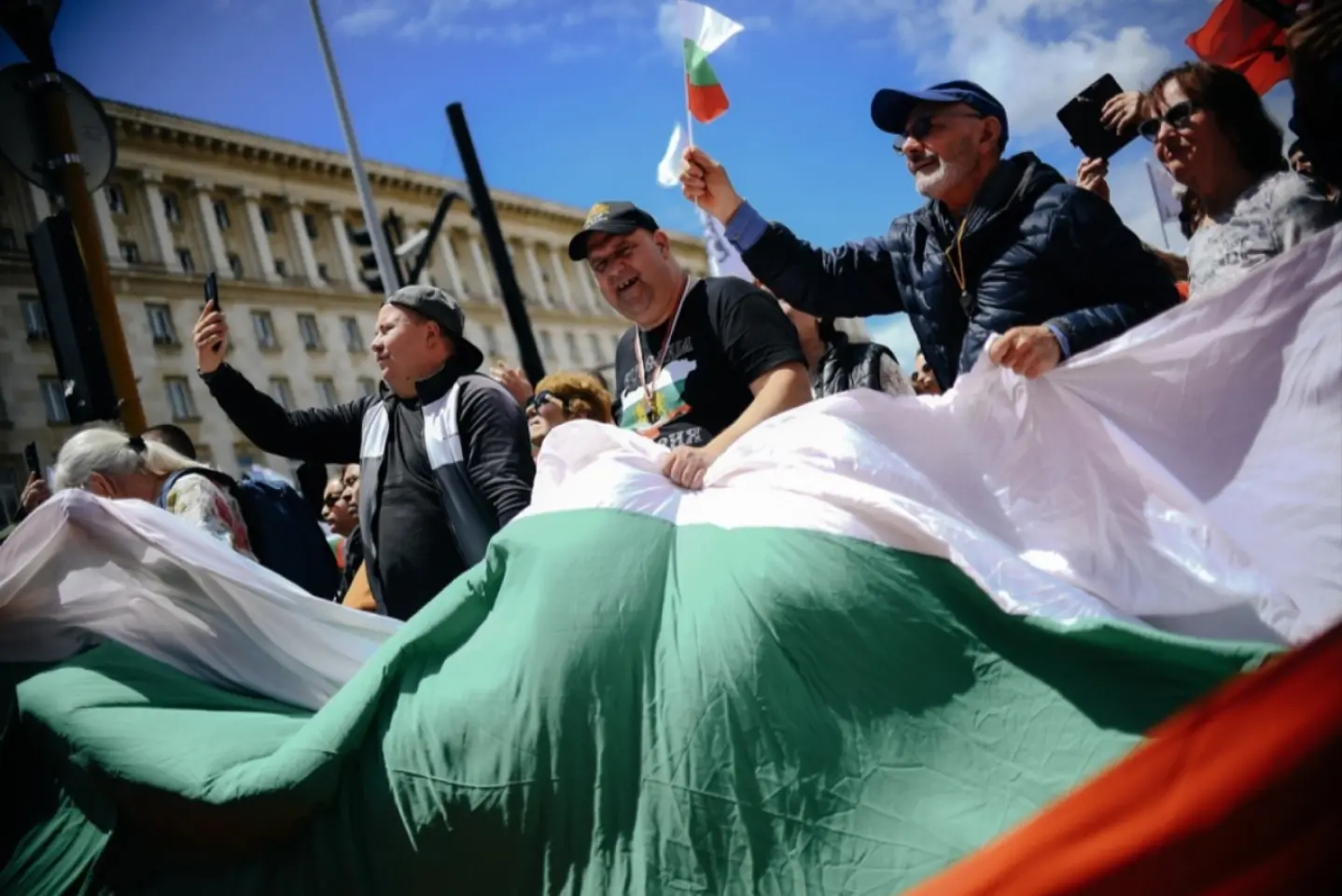
A vigorous campaign against the adoption of the Euro, the normalization of anti-LGBT discourse, and a campaign for religion in schools have recently raised tensions in Bulgaria, in a period that was also marked by the trial and conviction in the UK of six Bulgarians who spied for Russia and claimed to have connections at the top of the Bulgarian state.

Pro-rușii din Bulgaria au profitat de tăcerea pro-europenilor pentru a exploata în scop politic uciderea unui angajat bulgar al ONU în Fâșia Gaza.

The ruling GERB party, marred in the past by corruption allegations but with a pro-European discourse, is embracing some ideas of pro-Russian extremists and seems ready to adapt to Washington's new policy.

As various capitals in Eastern Europe are gripped by demonstrations, reformists in Bulgaria – a country with a tradition of protests – seem apathetic following years of political logjam and the return of the “system” parties.

Donald Trump's return to the White House has generated fears about his approach to Russia and the conflict in Ukraine, as well as the economic relationship with the European Union. Veridica’s team of contributors has analyzed how Trump’s return to power is seen in Brussels and in Russia's neighboring countries - some of them ex-Soviet or ex-communist states, most of them members of the EU or NATO or with Euro-Atlantic aspirations.

A far-right protest in Sofia against a XIX century play directed by John Malkovich brought to the spotlight the disinformation and propaganda campaign targeting Bulgaria’s culture and education.

Boyko Borissov’s GERB party expectedly topped the vote, but the elections left a bitter taste that political influence can be easily bought. They also underlined a worrying tendency for ethnicization of the vote.

The European Union imposes censorship and the LGBT agenda, the representatives of the Bulgarian extremist party “Revival” told their like-minded colleagues from the Republic of Moldova.

“Dreaming in Bulgarian” is an exhibition in Sofia by photographer Mihaela Aroyo, based on her years-long research of the community of Bassarabian Bulgarians in Moldova and Ukraine

Against the backdrop of voter fatigue, Bulgaria’s latest elections saw the rise of a new nationalist party, “Greatness”, while Boiko Borissov’s GERB maintained its ascending trend.

Former prime-minister Boyko Borissov’s GERB party is tipped to win Bulgaria’s split election. But amid an expected low voter turnout, pro-Russian parties are seeking a moment.

Chiar sub privirea UE și după ani de potențiale reforme, democrația Bulgariei devine tot mai mult una de fațadă, dominată de partidul lui Boiko Borissov și de „sistem”.

Bulgaria’s pro-Russian far-right has been increasingly vocal and provocative, as it tries to take advantage of tensions within the pro-European, pro-Ukraine ruling coalition.

Communist-era monuments in Bulgaria were a point of fiery debates. Chaotic plans for their removal were not followed by a vision for the future.

2023 marked Bulgaria's exit from political crisis with the formation of a pro-Western government. On the other hand, he continued pro-Russian narratives continued to be promoted.

Bulgaria is sobering for the fact that the uphill battle to become part of the Schengen Area is far from over and even out of the country’s immediate control of the events.

Bulgaria’s government decision to add tax to Russian gas brought tensions with Hungary and Serbia, and yet another clash with pro-Moscow President Rumen Radev.
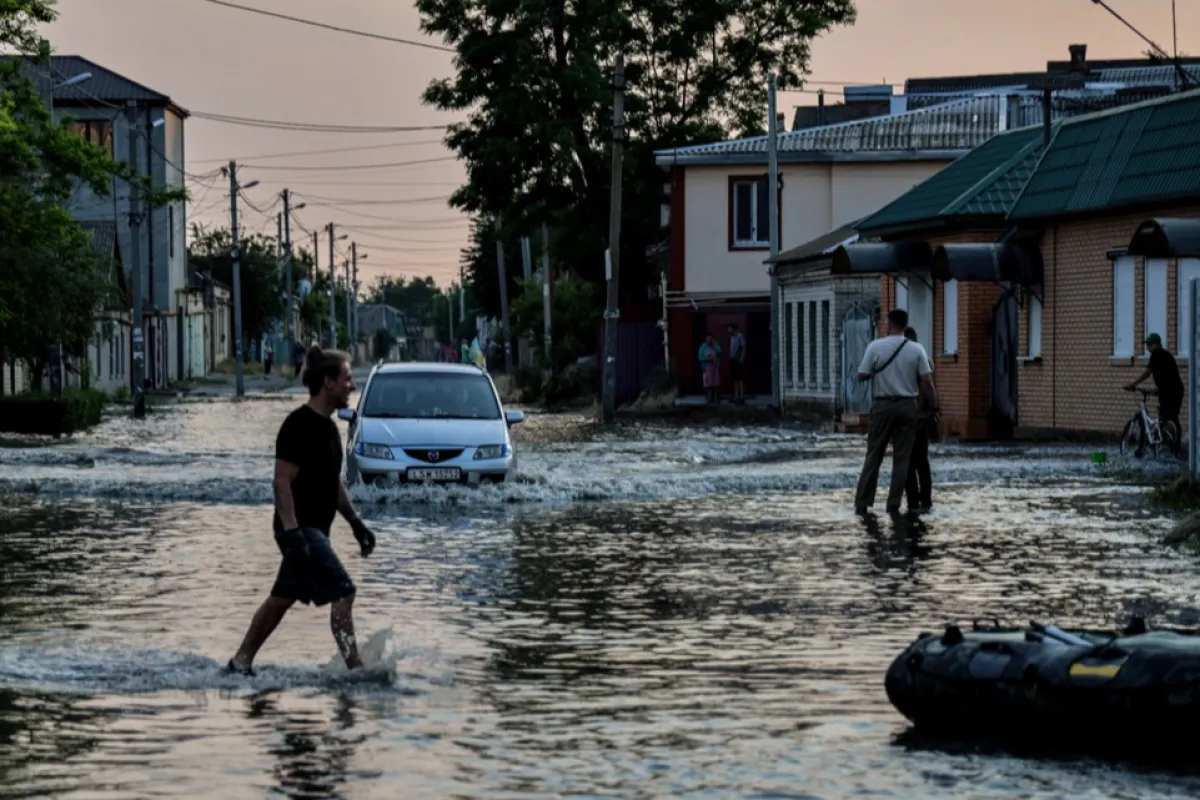
Russia has claimed for years that Ukraine has biological laboratories and says its attack was meant to destroy those labs. The narrative was also included in the disinformation about the destruction of the Nova Kakhovka dam.

The (Pro)Russians claim that Ukraine will cause a nuclear incident. The narrative is meant to undermine support for Kiev and has been promoted in Eastern Europe as well.

Bulgaria has been facing an uptick in pro-Russian disinformation, just as the country’s pro-Western government is questioning Moscow’s influence – and moves – in the country.

The alliance GERB/We continue the change showed its first cracks, as it’s being pressured by a hostile president, pro-Russian parties and the entry into politics of their main opponent.

As Bulgaria seems to finally move away from its years long political stalemate, new lines are drawn in the sand between politicians and the controversial top prosecutor, while the pro-Russians are waiting on the sides.

Russia’s ambassador to Bulgaria recently expressed support – a diplomatic faux pas – for the Bulgarian far-right, anti-Western and anti-Ukraine Revival party. Revival came third in the April 2 elections, fifth of its kind in the last two years, and if the current political stalemate continues, it stands a good chance to become a major political force at the next snap election.

Bulgarians are about to vote for the fifth time in two years, and polls suggest that the political stalemate is likely to continue after the elections. Seemingly out of fresh ideas, the political parties are divided along the same lines, liberals against conservatives, pro-Russian vs. pro-European, newcomers vs. the old guard of allegedly corrupt politicians.
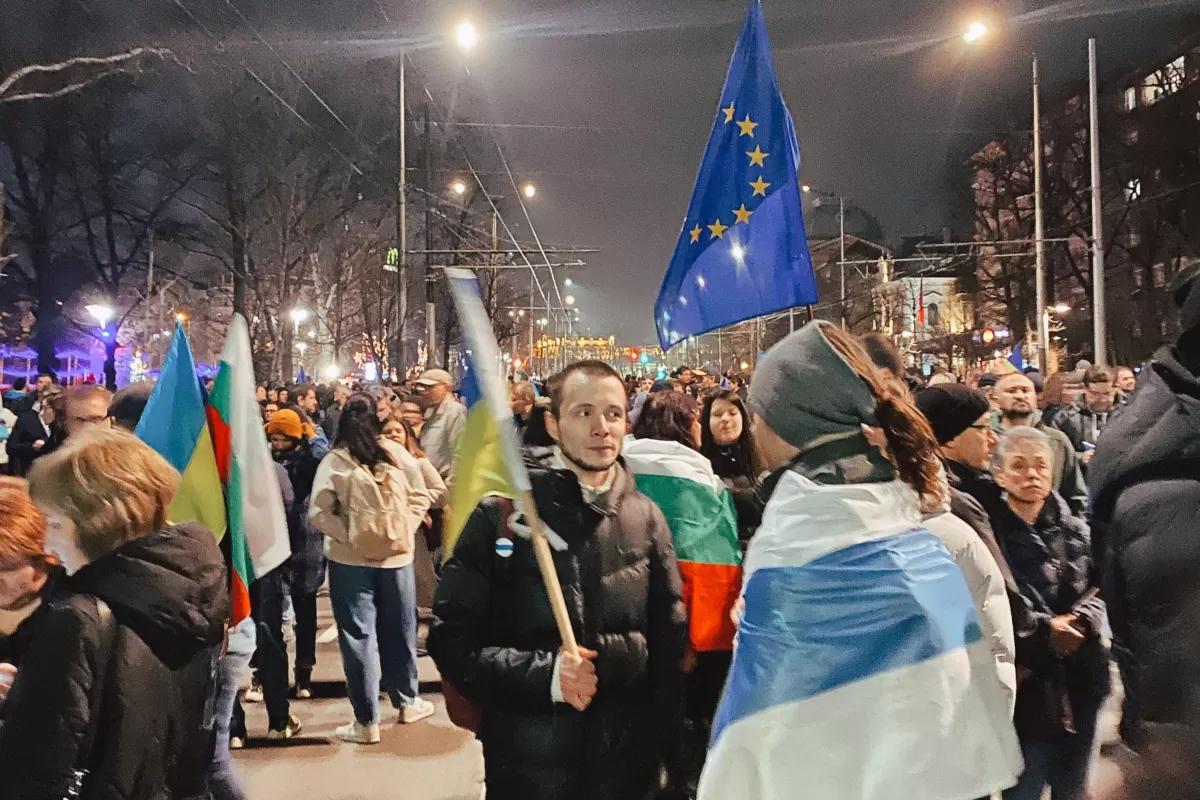
The first anniversary of the full-scale invasion of Russia provoked a wave of pro-Ukraine marches in Bulgaria, a country traditionally associated with heavy political dependencies from Russia. The pro-Russians stayed mostly out of sight for the one year anniversary of the war, but that does not mean that they went everywhere: Moscow still has its supporters in Bulgaria, both among the politicians and the public.
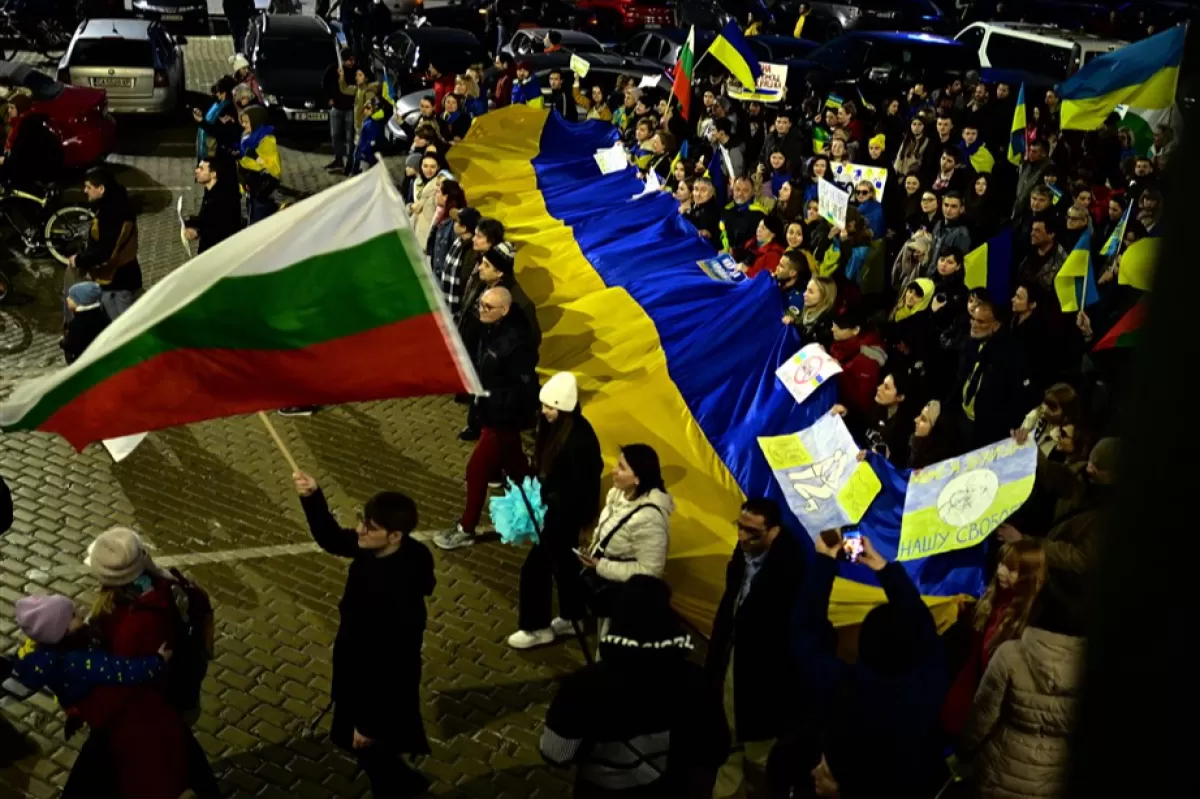
Nearly one year after the onset of the Russian invasion in Ukraine, Bulgaria is still undecided on how to integrate the Ukrainian refugees. Activists, however, strive on. Most Ukrainians move on.

The decision of the four countries to leave the International Investment Bank (IIB), also known as the “Russian Spy Bank”, came within days of Russia invading Ukraine. The legal proceedings were cumbersome in certain countries, due to the financial risks such a move entailed. Set up in 1970, the Bank continues to operate today in Budapest, although key decisions are taken in Moscow.

After ousted PM Kiril Petkov’s coalition was adamant in its pro-West and pro-EU position, current interim government, selected by President Radev and led by caretaker PM Donev, is making chaotic moves, risking further instability.
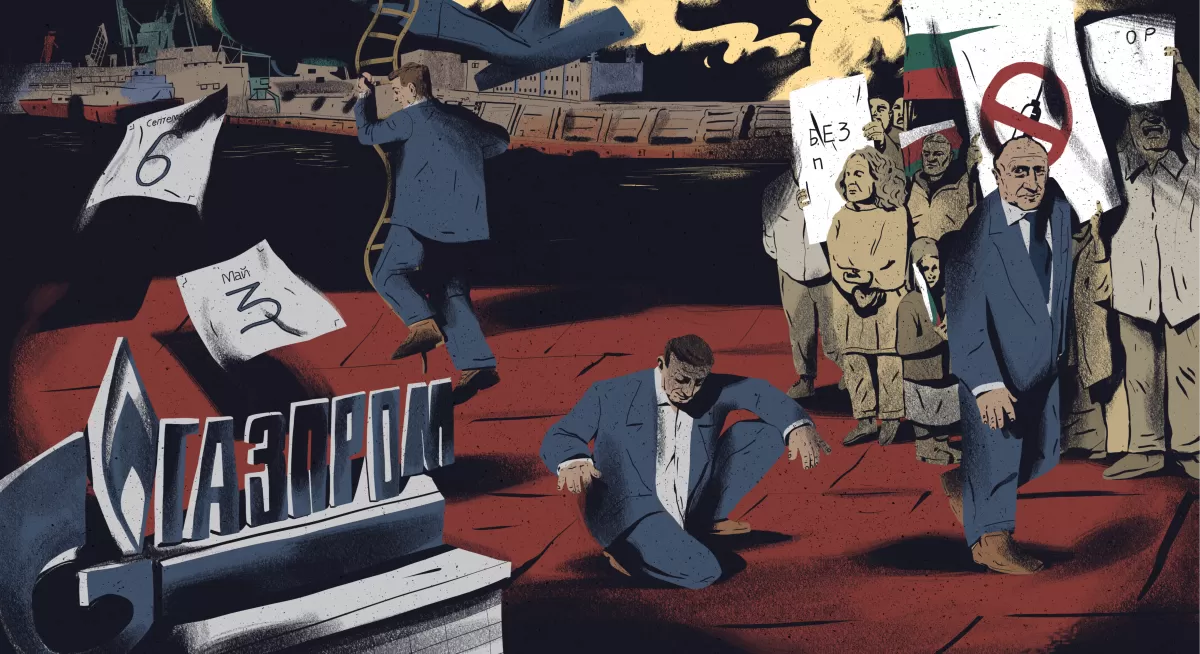
EU and NATO member Bulgaria, once Moscow’s closest satellite, has been moving away for years, albeit at a slow pace, from Russia’s pull. This process has been accelerated following Russia’s invasion of Ukraine. However, the Kremlin can still count on an array of friendly politicians, spies, and a disinformation and propaganda network to further its interests in Sofia.
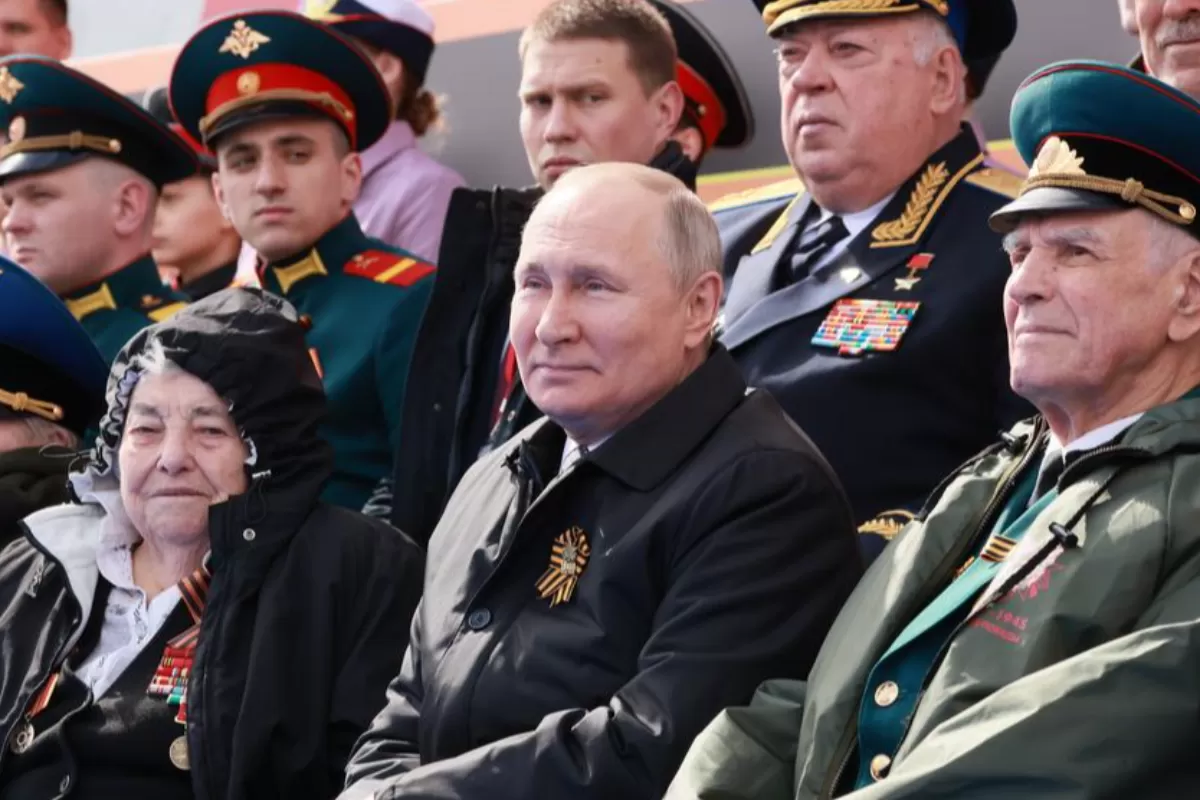
Outside Russia, Moscow’s representatives and supporters tried to mark Victory Day in ex-Soviet and ex-communist countries, but in most cases, their actions were overshadowed by protest actions against Russia’s acts of aggression or demonstrations of solidarity with Ukraine. Veridica’s contributors in ex-Soviet and ex-communist states have closely followed May 9 celebrations.

PM Kiril Petkov faces numerous challenges in his desire to send military aid to Ukraine including severing his relationship with the man who introduced him into politics, President Radev. On top of that, Russia cut Bulgaria’s gas supply, adding to the challenges faced by the government.